Magnesium is involved in over 200 essential processes and when we are under stress, we use lots of magnesium. Most of us spend a considerable amount of time in a stress mode. Think: commute to work, morning presentation, awkward client, massive queue at the coffee shop. Yes, these are all modern stressors that can be burning up your magnesium.
I used to suffer from muscle cramps and very poor quality sleep. It was becoming a real problem. I’d have to stop in the middle of a yoga class, unable to hold a pose because my cramps were so bad. And as for sleep, it got to the point that I couldn’t remember the last time I’d managed to sleep all the way through.
Thats the point when I decided to really look into the benefits of this valuable mineral. And making sure I ate lots of magnesium rich foods daily, along with regular magnesium baths and taking some targeted supplements has transformed my sleep, and I’m pleased to confirm that I can manage several hours of yoga training and teaching with only a very rare cramp nowadays.
Why should you be worried about low magnesium?
Magnesium is key for over 200 bodily functions including converting carbohydrates and protein into energy. It helps to promote the absorption and metabolism of other minerals and vitamins. Magnesium aids bone and teeth growth and is necessary for the proper functioning of muscles and normal nerve function. It works with lots of other vitamins and minerals in key body functions, particularly methylation (needed for everything) and hormones – think B6, B12. Basically we rely on it to keep us fit and healthy.
Whilst it is unusual to be magnesium deficient, many of us may well be insufficient. So how do you know ?
.
- Muscle cramps – Magnesium is a key component in muscle contraction and relaxation. If you are suffering from cramps then maybe your magnesium levels are low.
- Tired all the time – aka TATT? Magnesium is key to energy production. If you are eating well and still finding you are suffering from poor energy levels your magnesium levels could need topping up.
- Sleep – Magnesium is key for good quality sleep, so if you’re having trouble either falling asleep or staying asleep you might find taking a targeted magnesium supplement helpful.
What are magnesium salt baths?
This is a very simple, safe and effective way of topping up your magnesium levels. Just add a handful of magnesium flakes to your regular bath, and, you are getting the additional stress reducing benefit of taking a leisurely bath.
If this sounds like a strange idea, don’t worry. Magnesium salt baths are perfectly safe. In fact, if you have heard of, or even used, Epsom salts, you’ve already had one. We’ve been adding them to our baths for hundreds of years. Your body won’t absorb much, but it is a great way to just keep levels topped up.
What are good food sources of magnesium?
You can also make sure you eat plenty of foods containing magnesium to help keep levels topped up naturally.
- Green leafy veg – no surprise there! They are full of essential vitamins and minerals and we should all eat more.
- Seeds & nuts – particularly pumpkin seeds, flaxseeds and brazil nuts. Be mindful of a portion size if you are watching your weight, I-2 tbsp of seeds and 3-4 nuts.
- Oily fish such as mackerel and sardines – they are also great sources of essential fatty acid Omega 3.
Note, organic and free-range foods are higher in vitamins and minerals so always try to buy local and seasonal where possible.
When is supplementing with magnesium helpful?

If you feel you still might not be getting enough from your diet or you want to boost your levels whilst you are improving your dietary intake supplementing can be a good way to give your body a boost. There are several different kinds of supplemental magnesium and each has a slightly different mode of action. *
Magnesium citrate – excellent for encouraging bowel movement, take it at night for results first thing. You can take a fairly high dose. It also helps improve fatigue and can be taken during the day for improved energy.
Magnesium threonate – is particularly well absorbed in the brain so is great for poor concentration and improving mood. It is also a cofactor in the production of melatonin, the sleep hormone, and so can be beneficial if you are struggling to get a good nights sleep
Magnesium glycinate – is highly absorbable and very gently on the stomach. Reduces tiredness and low energy levels and is part of my favourite multi supplements, MegaMag Perimeno plus (has sage, rhodiola, B6, B12) and MegaMag Night, which has hops, l-theanine and tryptophan (precursor to serotonin and melatonin).
Magnesium Malate – is naturally found in food and the body, and play an important role in metabolism. Think energy, muscle function, mental health.
Magnesium Oxide – AVOID THIS it is not bioavailable (body does not absorb) and it can aggravate the digestive system.
How much magnesium do you need?
Generally you need 200mg of magnesium to feel a benefit, so look for doses that achieve this as their standard levels. There are times when a nutritional therapist may recommend higher doses, but this will be for specific therapeutic reasons and should never be done without professional support.*
Where to get more advice
If you would like more advice about diet and lifestyle to support you through mid-life and beyond they you will find this and much more in my Fab Female Nutrition Club community on facebook.
- If you are taking any kind of medication, or have a medical condition please seek the advice of your doctor or other medical professional before taking any kind of supplements.




